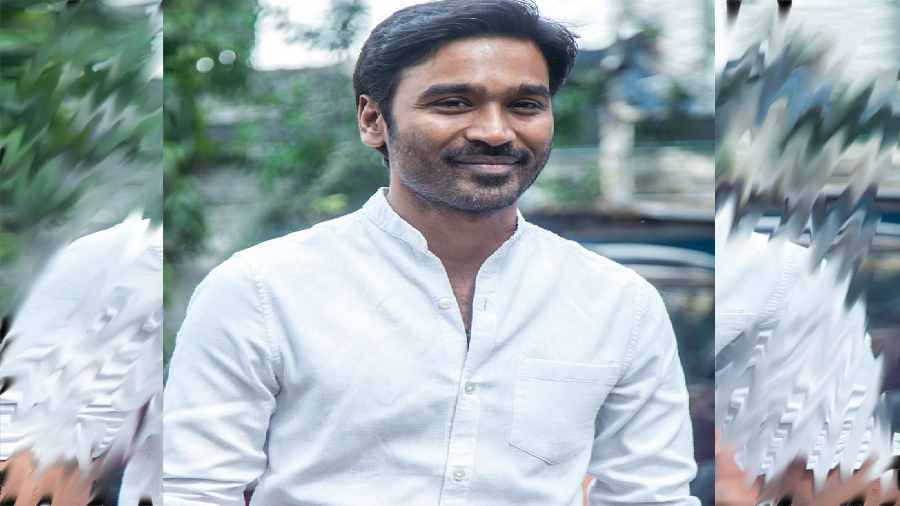Your Tamil must be as good as my Hindi,” smiled A.R. Rahman, taking a dig at his own Hindi. I surprised him with my Tamil — I had studied in a school in Chennai.
It was an evening that celebrated one of the strongest North-South confluences. On one hand were Akshay Kumar and filmmaker Aanand L. Rai, both as Punjabi as you can get. Balancing them were A.R. Rahman and actor Dhanush (Rajinikanth’s son-in-law, a superstar in Tamil Nadu), who are as Madrasi as kaapi and idli. All four have come together for this year’s Xmas release, Atrangi Re with Sara Ali Khan.
Dubbed Galatta Kalyaanam in Tamil, Rahman told me what fun he had trying to match the lyrics with the lip movements of the Hindi version. “It wasn’t a literal translation, we took only the essence and tried to lip sync it with Tamil words,” he said, before going on stage for a live performance.
Looking at Akshay, trim as ever with speckles of silver in his light facial fuzz, Rahman chuckled that he longed to make Akshay mouth Tamil lyrics. “Haan, haan, why only Tamil? Make me speak Bengali, Telugu, all the languages,” he laughed when it was repeated to him. He is already a bit of a linguist, speaking Marathi better than most Mumbaikars do.
Missing at the intimately hosted musical evening was National Award-winning actor Dhanush. He was shooting with Anthony and Joe Russo for The Gray Man in Los Angeles, US. Known as the Russo Brothers, they are the big-time directors of large canvas, action-fiction like Captain America: Civil War, Avengers: Endgame and Extraction.
Dhanush has so won their hearts that when his Tamil film Jagame Thandhiram was on release this July, the Russos tweeted, “Super da, thambi.” Thambi is the affectionate word for chhota bhai in Tamil.
Out here in Mumbai, after Raanjhanaa in 2013, it has taken seven years for Dhanush to be cast in a mainstream Hindi film again.
Rai took the rap for Dhanush’s long absence from Hindi cinema. “Yes, I didn’t allow him to sign any of the offers made to him,” he remarked. “Until a script that does justice to his potential comes along, why should an actor of Dhanush’s stature do any Hindi film?”
He pointed out, “I have myself signed him after seven years. I had to wait until I had a script to match his stature. He’s such a huge star there and is doing such good work, his films like Asuran have become cult films.” Dhanush was cast in Atrangi Re — “Because of his brilliance as an actor and definitely because the character has shades of a south Indian. When I have Dhanush with me, why would I look elsewhere?” queried the filmmaker.
The point to be appreciated was that all these associations have gone beyond a film that’s around the corner. After wrapping up his work in LA, Dhanush quietly flew back to India and was in Mumbai three days after the musical event, as Rai’s house guest.
Seven years ago, the filmmaker weaned in the North was introduced to Tamil culture by R. Madhavan (during Tanu Weds Manu), and Dhanush-Rahman when they worked together in Raanjhanaa. Since then, Rai has seen as many Dhanush films as possible with sub-titles.
If Rahman made fun of his inability to master Hindi, the Punjabi also found it impossible to pick up Tamil. In fact, when Atrangi Re was dubbed in Tamil, it was Rahman who stepped in to oversee it. “He even got some lines redubbed because I don’t know the language,” disclosed Rai. “It’s definitely not the job of a composer, especially a composure of his stature. But Rahman Sir was like the creative head of the family. His involvement was that deep.”
Grappling with each other’s language may be tough but a work culture that has led to a North-South exchange of appreciation is sheer music to the ears.
Bharathi S. Pradhan is a senior journalist and author










